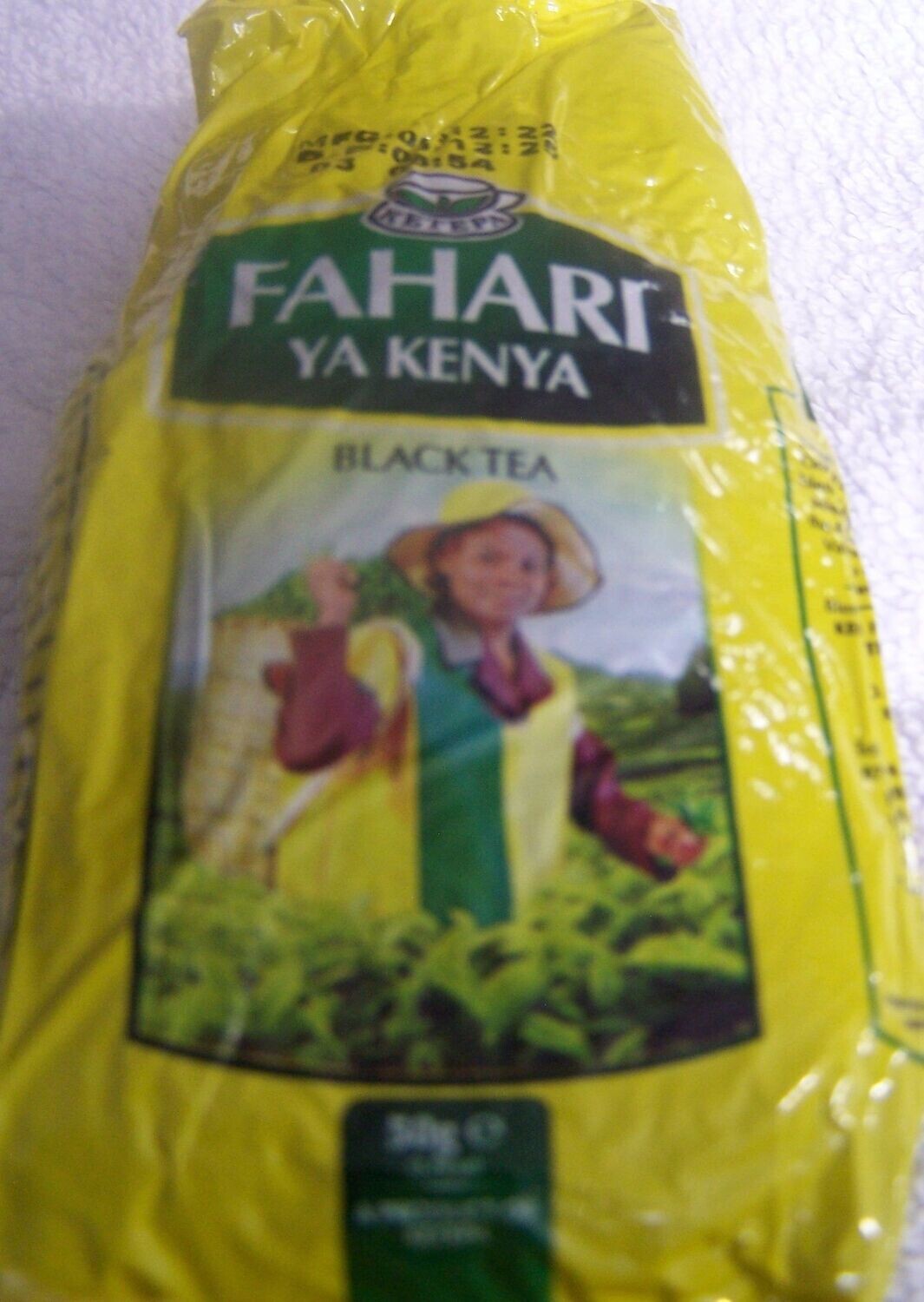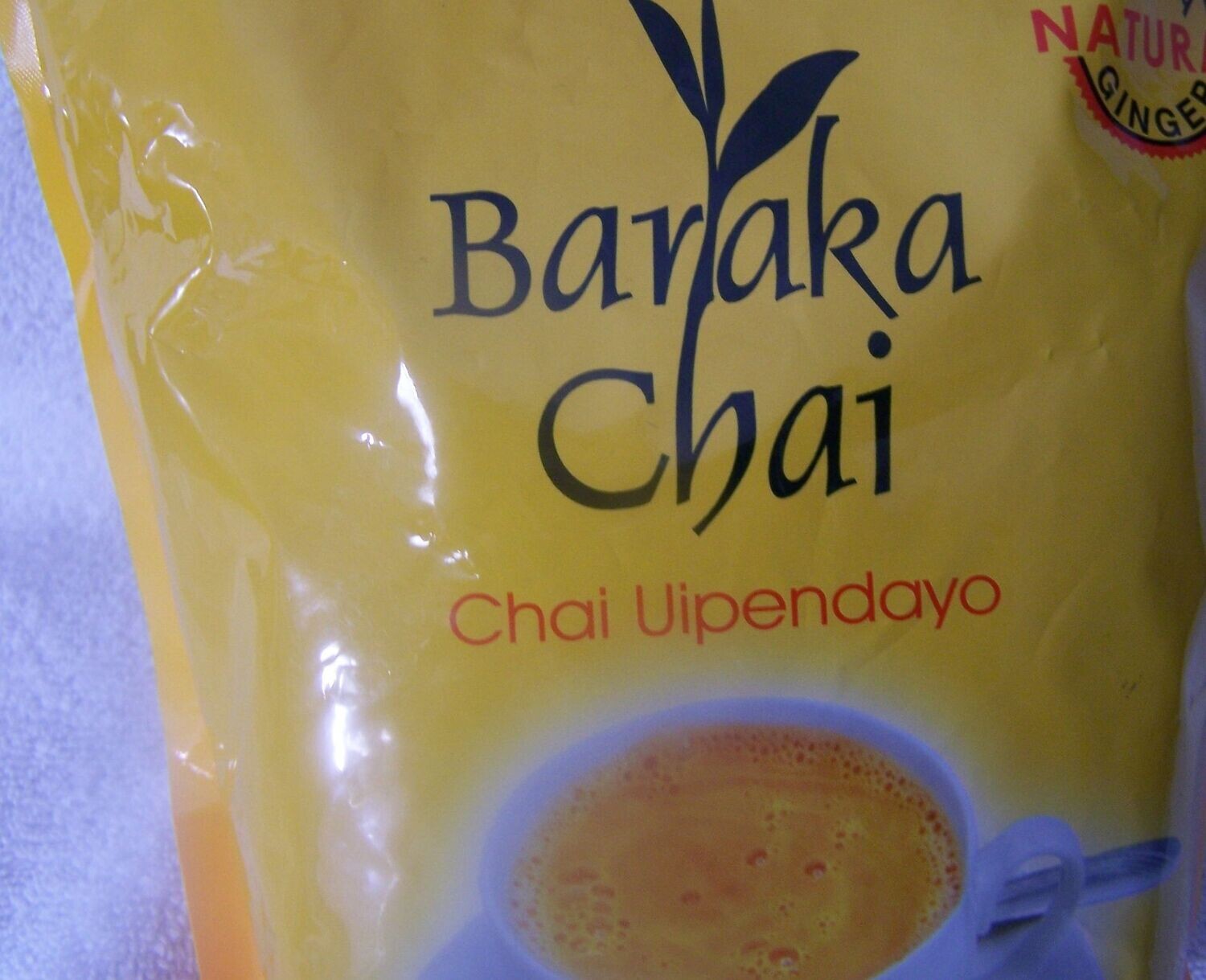call us : (603) 521-7180
-
Tenzi za Rohoni
Button -
The Lions Children's Bible
Button -
Uvoro Mwaro Kuri Andu Onthe: Embu Bible
Button -
Mitha Mugikuyu na Nyimbo Ciake
Button -
Biblia: Swahili Bible
Button -
Pipilia: Pokoot Bible
Button -
Iuku Ria Murungu: Meru Bible
Button -
Ibuku Ria Thara
Button -
Ibuku Ria Mahoya
Button -
Nyimbo Njeru cia Mitha Mugikuyu
Button -
Nyimbo Cia Kuguna Maroho
Button -
Nyimbo Standard
Button -
Nyimbo Cia Guchanjamura Ngoro
Button -
Sifuni Bwana
Button -
Mbivilia: Kaamba Bible
Button -
Wende Injili
Button -
Biblia Sinyati: Maasai Bible
Button -
Fahari ya Kenya - Black Tea
Button -
Eden Tea: The Finest Garden Tea
Button -
Melvins Pure Kenya Chai: Black Tea
Button -
Nyimbo za Injili
Button -
A Standard English Swahili Dictionary
Button -
A Standard Swahili English Dictionary
Button -
Sehemu za Biblia Kwa watoto
Button -
Swahili English Bible: New Testament
Button -
50g Dormans Supreme Granulated Instant Coffee
Button -
50g Kenya Highlands Pure Instant Coffee
Button -
50g Sasini Instant Coffee
Button
Categories
Categories
BIBLIA SINYATI - MAASAI BIBLE
Eiteruaki aaibir enkibelekenyatta ena buku naji OSOTUA MUSANA, ina kata apake pee eidipi aaigero Osotua Ng'ejuk 1976. Ore teina kata netubulua enkanisa e Nkai too wuejitin kumok te nkop oo Lmaasai. Enkata ena natayieutua ilairukok le Maa neisuma ororei le Nkai te nkutuk enye maate.
Ore eyieunoto o enkomono oo lasirak lena buku naa pee etumi embuku naisumayu mening'unoyu te seshata sapuk oo Itung'ana loo Lmaasai. Ore anaa enikiyiolo pooki, aidapash oleng olosho loo Lmaasai, ebaiki Isampur, Ilmokokodo, o Ltiamus le Mparinko, tenebo Ilmaasai le Narok o Kajiado. Eetae sii Ilarusa o kulikae oshon le Maa te Tanzania, anaa Ilkisonko o parakuyuo.
Etii kulikae ooisarisaraki enkitoroto netii kulikae ooimalees. Ejo kulikae doi, nejo kulikae toi. Ejo kulikae nkulupuok nejo kulikae nkulukuok. Ejo kulikae empopok nejo kulikae empopong. Ejo kulikae enkitok nejo kulikae engoroyioni.
Maasai(Masai) or Maa( English: /ˈmɑːsaɪ/ ; autonym : ɔl Maa ) is an Eastern Nilotic language spoken in Southern Kenya and Northern Tanzania by the Maasai people, numbering about 800,000. It is closely related to the other Maa varieties : Samburu (or Sampur), the language of the Samburu people of central Kenya, Chamus , spoken south and southeast of Lake Baringo (sometimes regarded as a dialect of Samburu); and Parakuyu of Tanzania. The Maasai, Samburu, il-Chamus and Parakuyu peoples are historically related and all refer to their language as ɔl Maa . Properly speaking, "Maa" refers to the language and the culture and "Maasai" refers to the people "who speak Maa."
The Maasai people, from the Eastern region of the African continent, have been protected from the widespread Westernization of agriculture and colonization because they inhabit a primarily desert area. Because the Maasai have resisted forms of colonization and Western expansion, their systems of communication and exchange revolve primarily around the trade they do within the tribe. Therefore, the spoken language is not only the most significant point of contact that the Maasai use but also one of the only ways that Maasai can continue to thrive in their traditional tribal way of life.
The loss of the Maasai language, while not rapid, is happening as a result of close contact with other tribal groups in East Africa and the rise of Swahili and English as the dominant languages. In Tanzania, former President Nyerere encouraged the adoption of Swahili as an official language to unite the many different ethnic groups in Tanzania, as well as English to compete on a global scale. Although the Maasai language, often referred to as Maa, has survived despite the mass influx of English and Swahili education systems, economic plans, and more, the socioeconomic climate that the Maasai people face in East Africa keeps them, and their language, as an underrepresented minority.
The Maasai way of life is embedded in their language. Specifically, the economic systems of trade that the Maasai rely on in order to maintain their nomadic way of life, relies on the survival of the Maasai language, even in its minority status. With language endangerment, the Maasai tribe would continue to be threatened and its cultural integrity threatened. The minority status that the language currently faces has already threatened traditional Maasai practices. Fewer and fewer groups of Maasai continue to be nomadic in the region, choosing to settle instead in close knit communities to keep their language and other aspects of their culture alive.
Search here
Your Cart Content
-
Melvins Masala Chai 250g
SKU 6161102040753$19.95Buy Now -
Melvins Tangawizi Chai 250g
SKU 6161102040210$34.95Buy Now -
Melvins Pure Kenya Chai - Black Tea 250g
SKU 6161102040883$14.95Buy Now -
Eden Tea - The Finest Garden Tea 500g
SKU 6161102750003$39.95Buy Now -
Eden Tea - The Finest Garden Tea 250g
SKU 6161102750027$19.95Buy Now -
FAHARI YA KENYA - BLACK TEA 250g
SKU 600-962-97-200-03$12.45Buy Now -
FAHARI YA KENYA - BLACK TEA 500G
SKU 6009629720003$24.95Buy Now -
FAHARI YA KENYA - BLACK TEA 100g
SKU 6009629720065$9.95Buy Now -
FAHARI YA KENYA - BLACK TEA 50g
SKU 6009629720072$7.95Buy Now -
FAHARI YA KENYA - MASALA TEA 250g
SKU 6161100931305$19.95Buy Now -
FAHARI YA KENYA - MASALA TEA 100g
SKU 6161100931299$12.95Buy Now -
FAHARI YA KENYA - TANGAWIZI TEA 100g
SKU 61611009303384$12.95Buy Now -
Melvins Pure Kenya Chai - Black Tea Plus Free Tangawizi Sample 500g
SKU 6161102041156$29.95Buy Now -
Sasini Gold Tea 500g
SKU 6164000767128$39.95Buy Now -
Baraka Chai Tangawizi (Ginger Tea) 500g
SKU 6161101860369$29.95Buy Now -
KETEPA PRIDE BLACK TEA; KENYA'S FINEST TEA BAGS 100 TEA BAGS
SKU 6009629720164$14.95Buy Now -
Kericho Gold Pure Kenya Tea 100 Refreshing Tea Bags
SKU 6161101860079$14.95Buy Now -
Baraka Chai Tangawizi (Ginger Tea) 100g
SKU 6161101860383$7.95Buy Now






























































